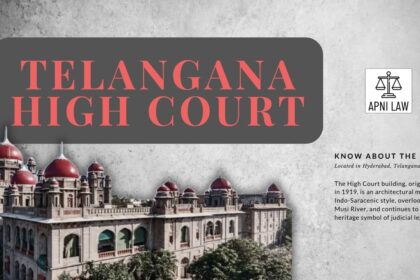Code:
(1) Any officer in charge of a police station may, without the order of a Magistrate, investigate any cognizable case which a Court having jurisdiction over the local area within the limits of such station would have power to inquire into or try under the provisions of Chapter XIII.
(2) No proceeding of a police officer in any such case shall at any stage be called in question on the ground that the case was one which such officer was not empowered under this section to investigate.
(3) Any Magistrate empowered under section 190 may order such an investigation as above-mentioned.
STATE AMENDMENT
Maharashtra–
Amendment of section 156.–In section 156 of the Code of Criminal Procedure, 1973, (2 of 1974) in its application to the State of Maharashtra (hereinafter referred to as “the said Code”), after sub-section (3), the following provisos shall be added, namely:–
“Provided that, no Magistrate shall order an investigation under this section against a person who is or was a public servant as defined under any other law for the time being in force, in respect of the act done by such public servant while acting or purporting to act in the discharge of his official duties, except with the previous sanction under section 197 of the Code of Criminal Procedure, 1973 (2 of 1974) or under any law for the time being in force:
Provided further that, the sanctioning authority shall take a decision within a period of ninety days from the date of the receipt of the proposal for sanction and in case the sanctioning authority fails to take the decision within the said stipulated period of ninety days, the sanction shall be deemed to have been accorded by the sanctioning authority.”.
[Vide Maharashtra Act 33 of 2016, s. 2.]
Explanation:
Section 156 of the CrPC empowers the police to investigate cognizable offenses. A cognizable offense is an offense for which the police can arrest a person without a warrant. The police have the authority to conduct investigations, gather evidence, and arrest the suspect.
- Power to Investigate: Section 156(1) mandates the police to investigate cognizable offenses, which means they have a legal obligation to inquire and uncover the truth about such crimes.
- Information Received: The police can initiate an investigation upon receiving information regarding a cognizable offense. This information can come from various sources like a victim’s complaint, witnesses, or even from their own intelligence gathering.
- Duty to Investigate: The police cannot refuse to investigate a cognizable offense if they receive credible information. They are bound by their duty to ensure justice and public safety.
- First Information Report (FIR): The police must record a First Information Report (FIR) when they receive information about a cognizable offense. The FIR acts as a formal record of the alleged crime and initiates the investigation process.
Illustration:
Imagine a scenario where a person is robbed at knifepoint. The victim files a police complaint alleging robbery, which is a cognizable offense. The police, under Section 156, are obliged to investigate the matter. They will conduct inquiries, gather evidence, interview witnesses, and potentially arrest the suspect based on the evidence collected.
Common Questions and Answers:
Q: Can the police refuse to investigate a cognizable offense?
A: No, the police cannot refuse to investigate a cognizable offense if they receive credible information. They have a legal obligation to investigate such offenses.
Q: What is the significance of an FIR under Section 156?
A: The FIR acts as a formal record of the alleged crime and initiates the investigation process. It is a crucial document in the investigation and prosecution of the case.
Q: Are there any exceptions to the police’s obligation to investigate cognizable offenses?
A: There may be exceptions in certain situations, such as when the information received is frivolous, vexatious, or misleading. However, the police must exercise their discretion carefully and not arbitrarily refuse to investigate.








